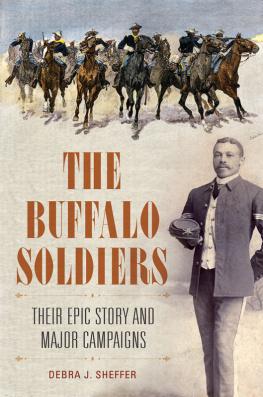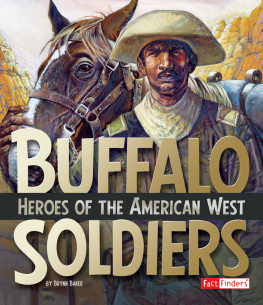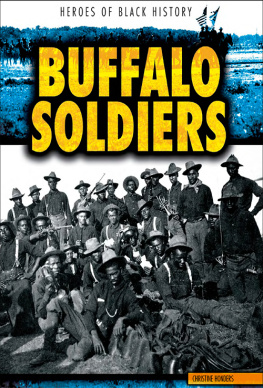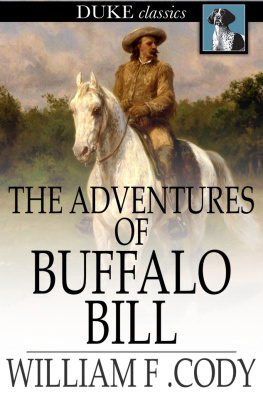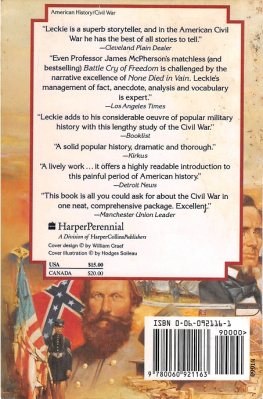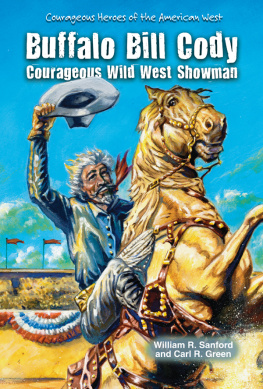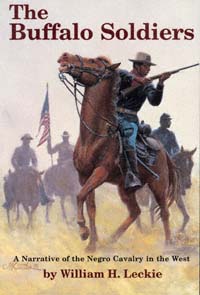William H. Leckie - The buffalo soldiers: a narrative of the Negro cavalry in the West
Here you can read online William H. Leckie - The buffalo soldiers: a narrative of the Negro cavalry in the West full text of the book (entire story) in english for free. Download pdf and epub, get meaning, cover and reviews about this ebook. year: 1967, publisher: University of Oklahoma Press, genre: Romance novel. Description of the work, (preface) as well as reviews are available. Best literature library LitArk.com created for fans of good reading and offers a wide selection of genres:
Romance novel
Science fiction
Adventure
Detective
Science
History
Home and family
Prose
Art
Politics
Computer
Non-fiction
Religion
Business
Children
Humor
Choose a favorite category and find really read worthwhile books. Enjoy immersion in the world of imagination, feel the emotions of the characters or learn something new for yourself, make an fascinating discovery.

- Book:The buffalo soldiers: a narrative of the Negro cavalry in the West
- Author:
- Publisher:University of Oklahoma Press
- Genre:
- Year:1967
- Rating:5 / 5
- Favourites:Add to favourites
- Your mark:
The buffalo soldiers: a narrative of the Negro cavalry in the West: summary, description and annotation
We offer to read an annotation, description, summary or preface (depends on what the author of the book "The buffalo soldiers: a narrative of the Negro cavalry in the West" wrote himself). If you haven't found the necessary information about the book — write in the comments, we will try to find it.
William H. Leckie: author's other books
Who wrote The buffalo soldiers: a narrative of the Negro cavalry in the West? Find out the surname, the name of the author of the book and a list of all author's works by series.

